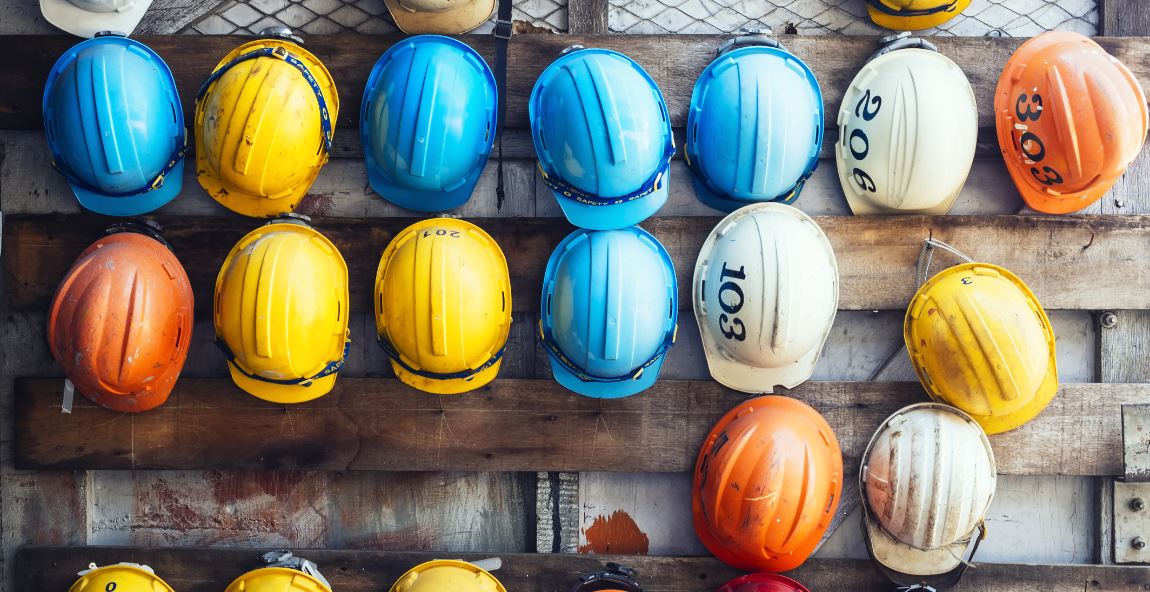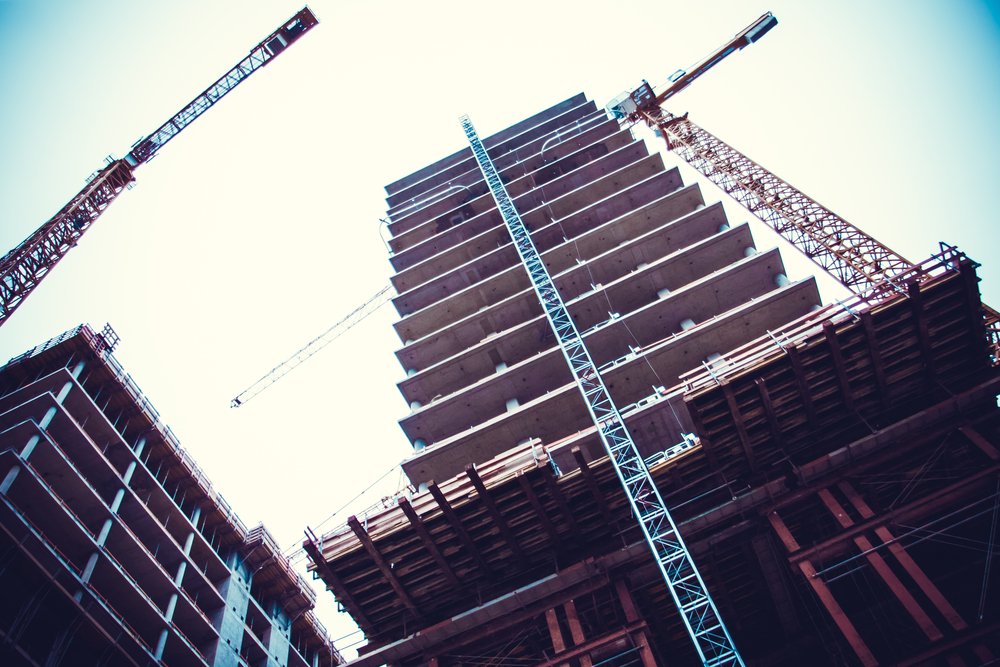
Eddie Tuttle, Director of Policy, Research, and Public Affairs at the Chartered Institute of Building (CIOB), emphasises the critical importance of building safety in the construction industry.
Tuttle argues that safety should be the top priority for both policymakers and the construction sector, rather than an afterthought.
Recent incidents have highlighted the dire consequences of neglecting building safety.
The 2014 Lacrosse apartment fire in Melbourne and the 2018 Opal Tower evacuation in Sydney serve as stark reminders of the potential risks.
However, the most tragic example remains the 2017 Grenfell Tower fire in London, which claimed over 70 lives.
Tuttle commends the efforts of David Chandler, the outgoing Building Commissioner for New South Wales, whose initiatives focus on trustworthiness, consumer protection, and harm reduction.

The CIOB director believes that his organisation can contribute significantly to this approach through its commitment to competency.
To develop a trustworthy regulatory system, Tuttle advocates for increasing professionalism across the sector.
He stresses the importance of companies and individuals demonstrating their competence, citing CIOB membership as an example of rigorous professional standards.
“Through increased levels of professionalism, we can help bring about a culture change within the construction industry which brings building safety to the fore,” Tuttle states.
The CIOB expects all prospective members to demonstrate their skills, knowledge, experience, and ethical behaviours.
Tuttle emphasises the importance of continuous learning in the rapidly evolving construction sector, highlighting CIOB’s extensive Continuing Professional Development (CPD) opportunities.
In conclusion, Tuttle reiterates that safety should always be the top priority in construction, even if it means sacrificing profits.
He calls on those delivering construction projects across Australia to demonstrate competency through commitment to learning and development, which he believes will significantly boost confidence in the sector’s safety standards.







